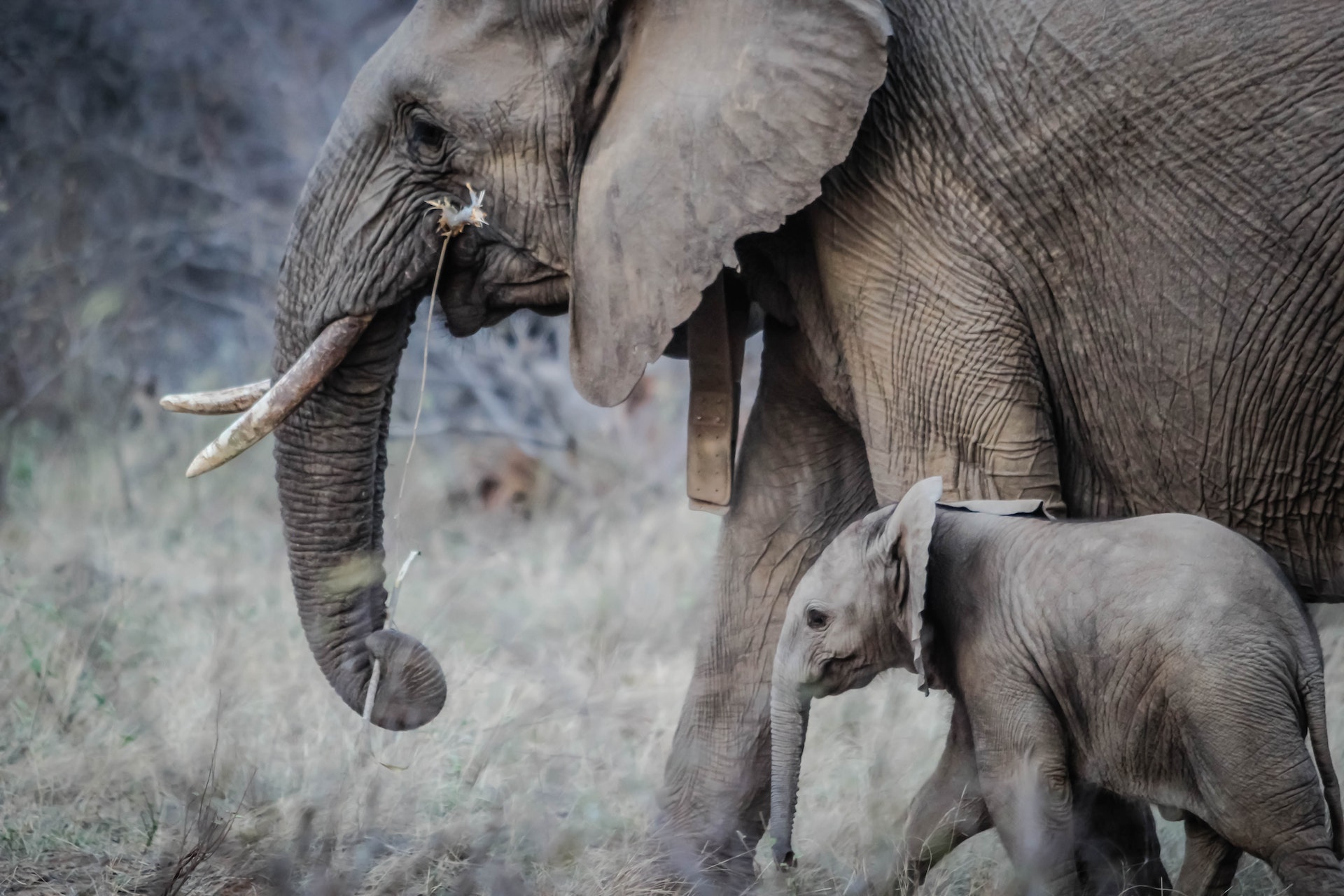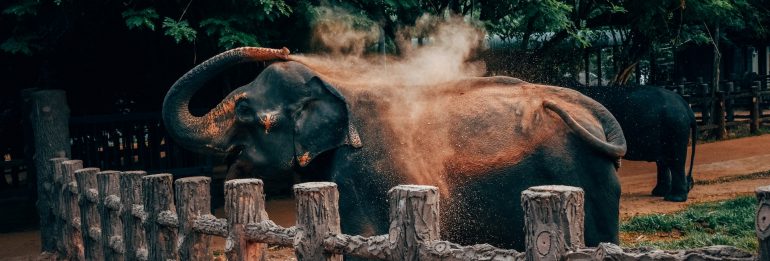In the debate surrounding the ethics of animal captivity, few animals have garnered as much attention as the majestic elephant. While their grandeur, intelligence, and social complexity are universally celebrated, there's an ongoing debate about whether their place is in the wild or behind the confines of a zoo.
Born Free's Bold Move
The international wildlife charity, Born Free, has reignited this debate with its latest campaign calling for an "elephant-free UK". Citing evidence of the suboptimal conditions and lower life expectancies of elephants in British zoos compared to their wild counterparts, the organization has strongly advocated for the release of these gentle giants back into their natural habitats.
This call to action is backed by unsettling statistics. As per Born Free's research, a staggering 40% of infant elephants in zoos succumb before their fifth birthday. Furthermore, captive elephants in the UK have a truncated average lifespan of 20 years, in stark contrast to the 50 years they may live in the wild.
The emotional underpinning of Born Free's mission stems from the heart-wrenching story of Pole Pole, an elephant tragically taken from the wild, only to die young in captivity. This story, combined with the charity's observations of abnormal behaviors in elephants across European zoos, frames a powerful argument against their captivity.
Counterarguments: The Role of Modern Zoos
However, prominent organizations like the British and Irish Association of Zoos and Aquariums (BIAZA) and the European Association of Zoos and Aquaria (EAZA) have countered Born Free's claims. They argue that today's zoos and safari parks serve as compassionate refuges for elephants, offering them protection against the multiple threats they face in the wild, such as poaching, habitat loss, and climate change.

Nicky Needham from BIAZA highlights the advancements in elephant care in modern zoos, referencing a 2022 study that suggests captive elephants now live lives comparable to their wild counterparts. The contention is clear: while the circumstances of yesteryears might have been objectionable, modern zoos have evolved to offer much-improved conditions for their pachyderm residents.
The Ethical Question
Yet, the debate is far from settled. Born Free's Chris Lewis emphasizes that despite advances in care, zoos can never replicate the vast expanses and rich social dynamics elephants experience in the wild. When wild elephants roam freely across thousands of square kilometers, living in herds and forming intricate social bonds, can an enclosure, no matter how sophisticated, ever compare?
Several UK zoos seem to resonate with this sentiment. Edinburgh, Bristol, and London Zoos have already ceased keeping elephants, recognizing the inherent challenges in providing appropriate enclosures. Howletts Wild Animal Park has taken an even more proactive approach, initiating a pioneering 'rewilding' process to reintroduce their elephants to their natural habitats.
The Bigger Picture
Ian Redmond, an ambassador for the UN's Convention on Migratory Species, offers a broader perspective, emphasizing the invaluable ecological roles elephants play. In the wild, they are essential for biodiversity, combatting climate change, and preventing ecosystem collapse. In captivity, these roles are diminished, leaving them, in Redmond's words, "essentially unemployed."
As our understanding of animal welfare and ecology deepens, and as public opinion evolves, the future of elephants in zoos remains uncertain. While organizations like EAZA and BIAZA champion the benefits of captivity, the voices opposing this practice grow louder.
Will Travers OBE, Born Free's Co-Founder, encapsulates the sentiment shared by many: animals, especially those as magnificent as elephants, deserve a life that honors their innate nature – in the wild.
In this ongoing tussle between conservation, ethics, and tradition, one thing is clear: the well-being of these gentle giants must remain paramount.
©eco-guardians.org





